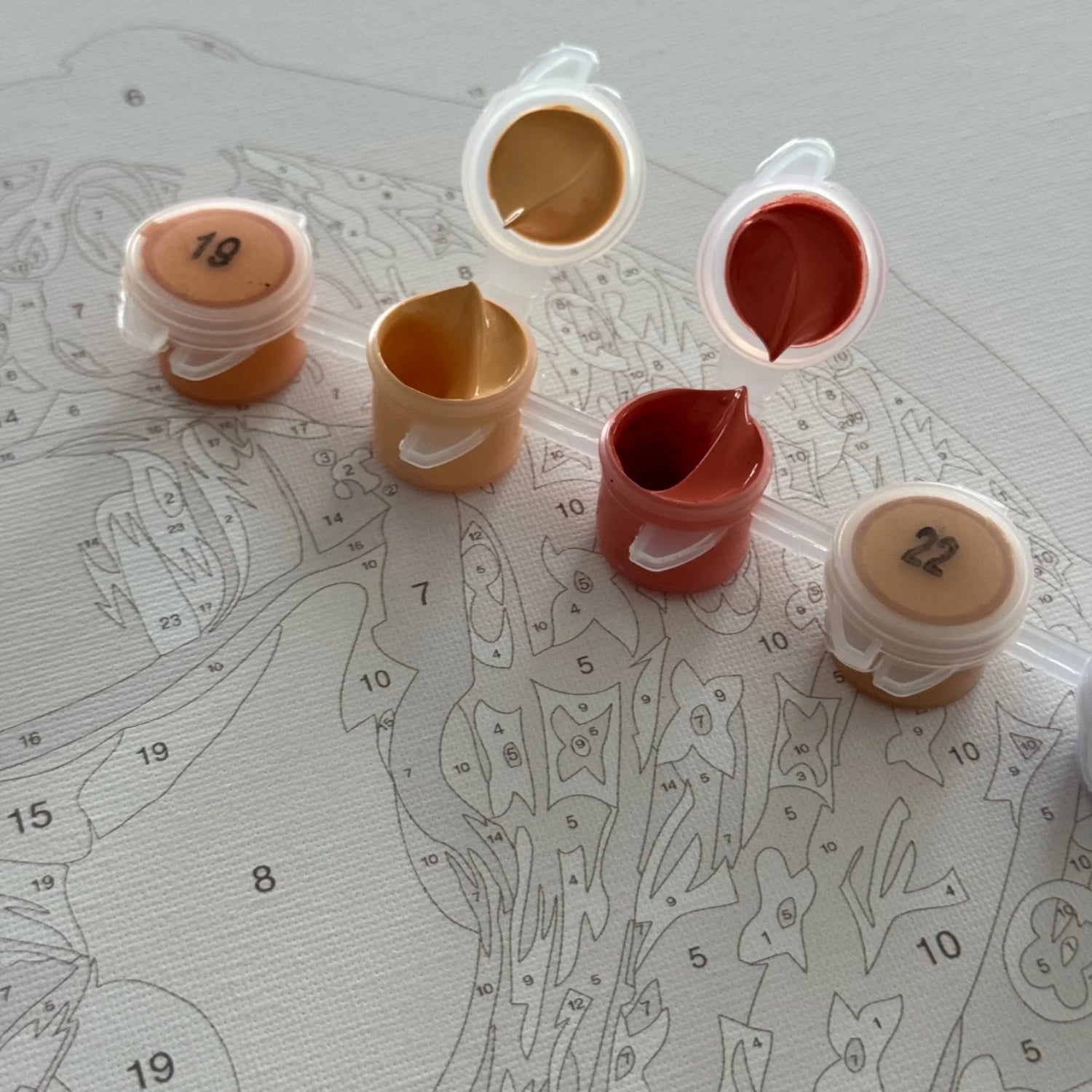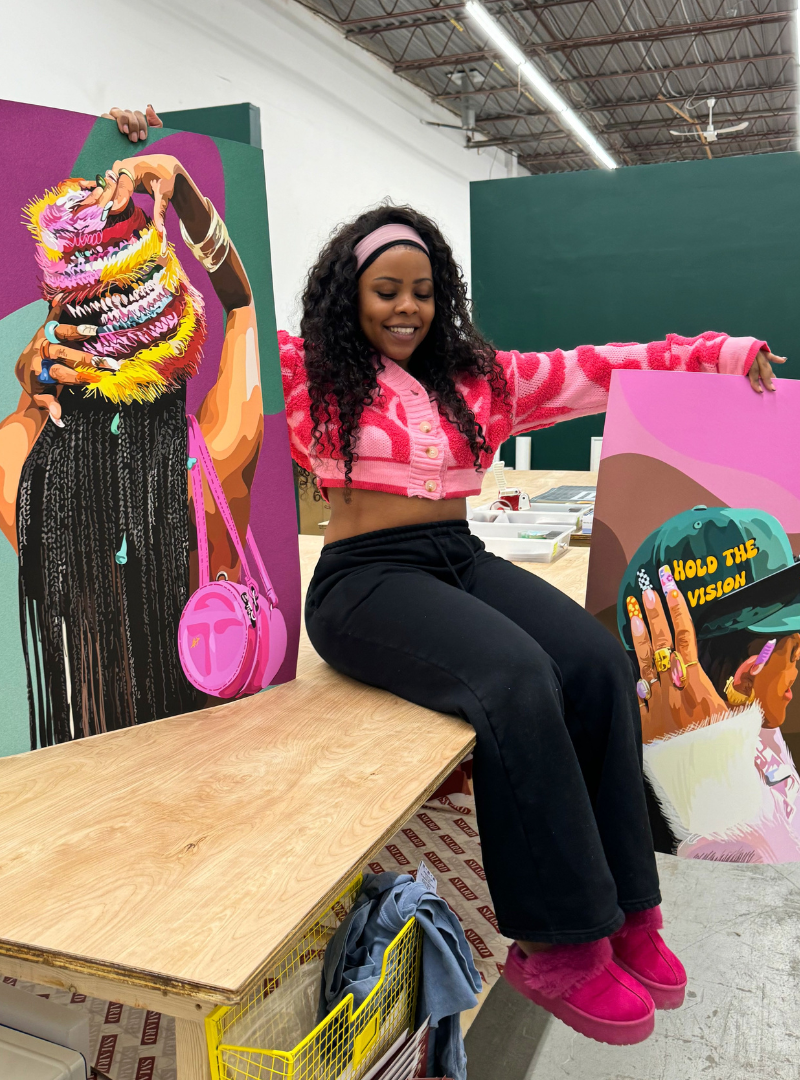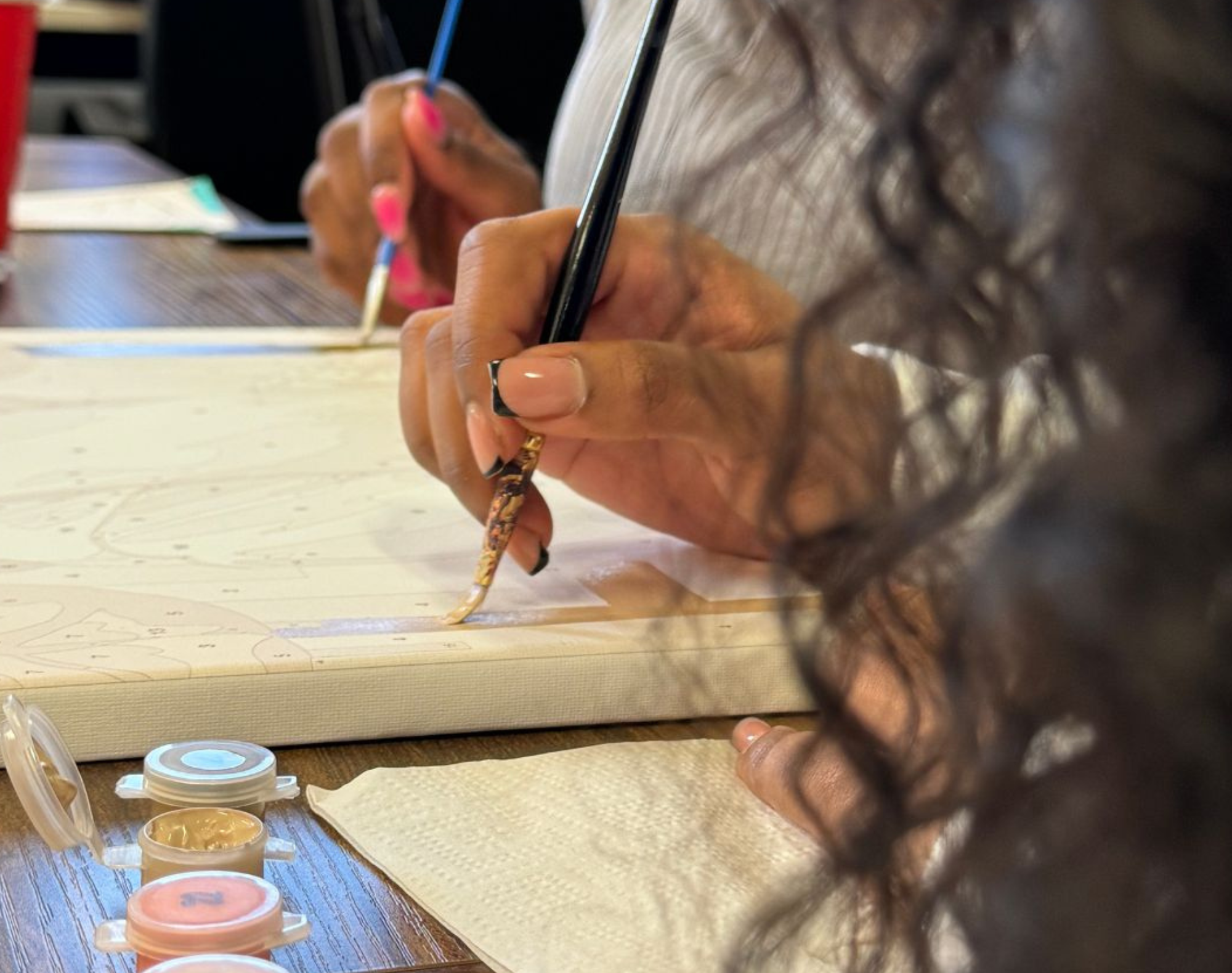In today’s educational landscape, the arts play a crucial role in motivating and nurturing creative children. While traditional subjects like math and science remain important, integrating arts education in schools is essential for developing well-rounded, confident, and innovative learners. Here’s why arts in schools are a powerful motivator for children’s creativity and overall growth.
Unlocking Creativity and Cognitive Development
Arts education offers children a unique platform to explore their imagination, experiment with ideas, and express themselves freely. Engaging in visual arts, music, drama, or dance stimulates both hemispheres of the brain, enhancing memory, concentration, and critical thinking skills. This cognitive development often translates into improved academic performance across various subjects, not just in the arts themselves. By providing opportunities to generate, organize, and refine artistic ideas, schools help children develop creative habits that foster problem-solving and innovation. These skills are invaluable not only in school but throughout life, enabling children to approach challenges with originality and confidence.

Building Emotional and Social Skills
Arts also serve as a therapeutic outlet for children, helping them process emotions, reduce stress, and build resilience. Participating in creative activities encourages empathy, collaboration, and communication, which are vital social-emotional skills. For example, music and drama foster teamwork and emotional regulation, while visual arts offer a safe space for self-expression. Through arts education, children learn to share ideas, listen to others, and develop a sense of community, which nurtures their social intelligence and positive behaviours. These experiences contribute to healthier emotional development and better coping strategies in everyday life.

Encouraging Lifelong Engagement and Motivation
Sustained exposure to the arts in school helps children develop a lasting appreciation for creativity. When arts education is integrated throughout their learning journey, students are motivated to take ownership of their creative growth and explore diverse art forms. This ongoing engagement cultivates independence, self-respect, and a passion for innovation that extends beyond the classroom. Moreover, early involvement in the arts enhances fine motor skills and hand-eye coordination, preparing young learners for other academic tasks like writing. The motivation that comes from successfully creating and presenting art builds confidence and encourages children to embrace learning with enthusiasm









































Leave a comment
This site is protected by hCaptcha and the hCaptcha Privacy Policy and Terms of Service apply.